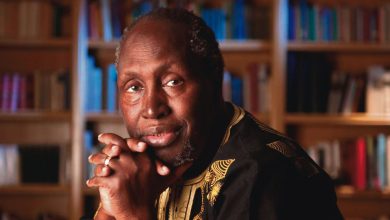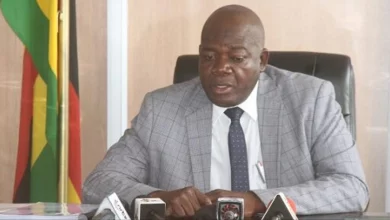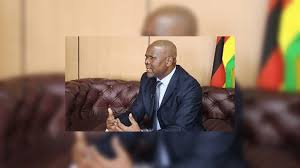Westview Group of Schools: Dual Curriculum Excellence in Harare

Westview Group of Schools, located at 339 Rainham, Glaudina, Harare, is now accepting enrollments for Forms 1 through 6. Offering both the Cambridge International and Zimbabwe School Examinations Council (ZIMSEC) curricula, Westview provides students with a comprehensive education tailored to diverse academic needs.
Advantages of Choosing Westview’s Dual Curriculum
By offering both Cambridge and ZIMSEC curricula, Westview ensures students receive a well-rounded education that combines international standards with local relevance.
Cambridge International Curriculum
The Cambridge curriculum is renowned for its rigorous academic standards and global recognition. It emphasizes critical thinking, problem-solving, and in-depth conceptual understanding, preparing students for higher education and global opportunities. With a flexible subject selection, students can tailor their studies to align with their interests and career aspirations.
ZIMSEC Curriculum
ZIMSEC offers a curriculum that is deeply rooted in Zimbabwe’s socio-economic context, making education relevant to the local environment. It ensures that students can relate to examples, projects, and case studies pertinent to Zimbabwe. Moreover, ZIMSEC qualifications are internationally recognized, providing students with opportunities both locally and abroad.
Certified Teaching Staff
At Westview, both curricula are delivered by certified teachers dedicated to fostering an environment of academic excellence and personal growth. Their commitment ensures that each student receives personalized attention, guiding them to achieve their full potential.
Enroll Now
Enrollment for Forms 1 through 6 is currently in progress. To secure a place for your child at Westview Group of Schools, contact us at +263779333074 or +263711410374. Alternatively, you can email westviewgroupofschools@gmail.com for more information.
About Westview Group of Schools
Situated in the serene environment of Glaudina, Harare, Westview Group of Schools is committed to providing quality education that meets both international and local standards. Our dual curriculum approach ensures that students are well-prepared for the dynamic demands of the global and local landscapes.




